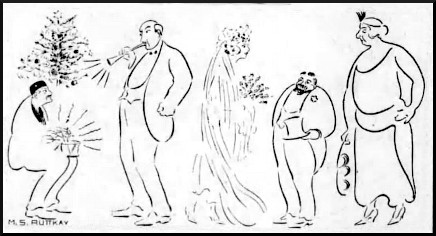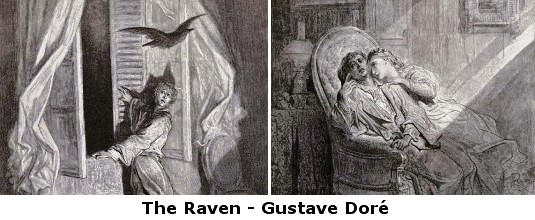H. G. Wells? Barbara Wootton? Lawrence R. Klein? Stanley Kramer? Apocryphal?
Question for Quote Investigator: If you have ever experienced the manuscript editing process as an editor or an editee you should fully comprehend this quotation:
No passion in the world is equal to the passion to alter someone else’s draft.
The above remark is in the current draft of my book, but the editor will strike it out unless I am able to find a good citation. The statement is usually attributed to the famous British science fiction author and social commentator H. G. Wells. Would you please help?
Reply from Quote Investigator: At this time QI has been unable to locate a match within a text written or spoken by H. G. Wells who died in August 1946. The earliest evidence located by QI appeared in the 1945 book “Freedom Under Planning” by the prominent British sociologist Barbara Wootton. Boldface has been added to excerpts:1
The worst examples of this are found sometimes in small political societies, where the strength of each member’s devotion to his own particular way of putting things is out of all proportion to the significant difference between his views and those of his fellows. It is here that the truth of H. G. Wells’ dictum that no passion in the world, no love or hate, is equal to the passion to alter someone else’s draft, is only too well illustrated. But, in greater or less degree, the same tendency to lay disproportionate emphasis on differences, and to ignore agreements, runs through all democratic political life.
Wootton did not enclose the remark within quotation marks, and it was possible that she was presenting her own phrasing of an opinion she ascribed to Wells. Alternatively, she may have heard the statement directly from Wells.
Here are additional selected citations in chronological order.
Continue reading “Quote Origin: No Passion in the World Is Equal to the Passion to Alter Someone Else’s Draft”



